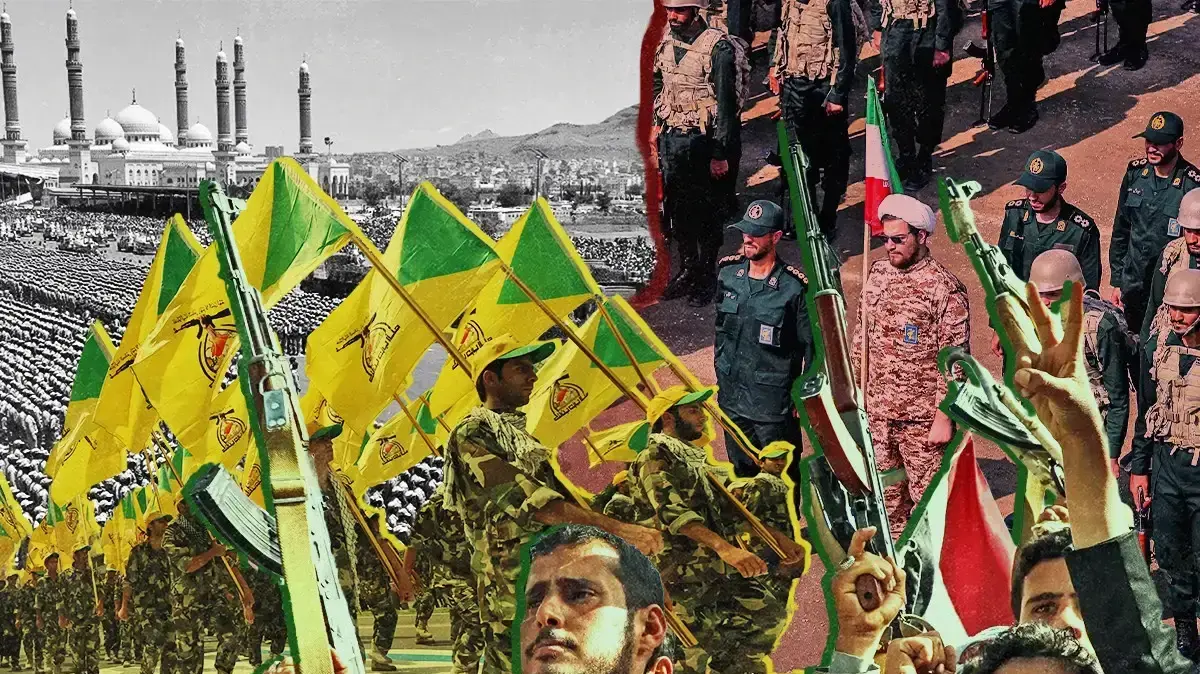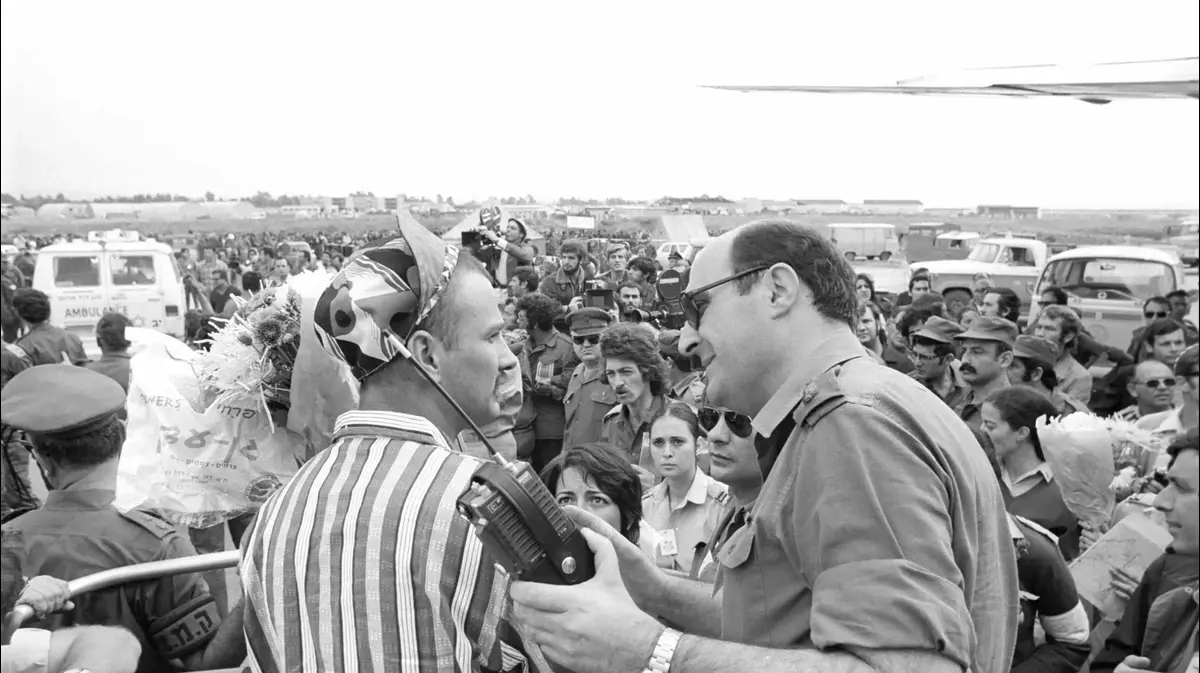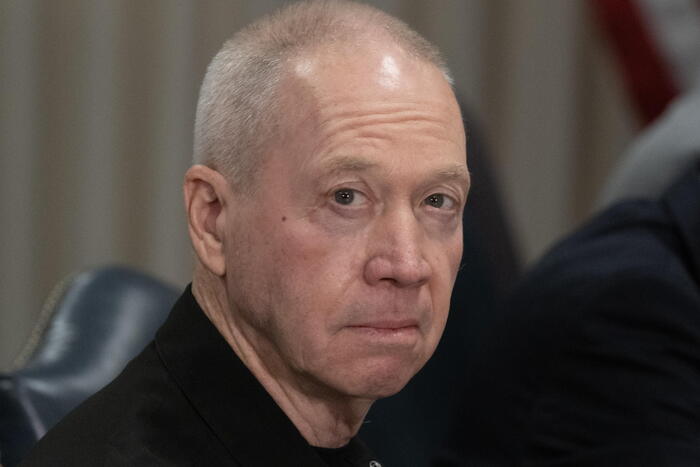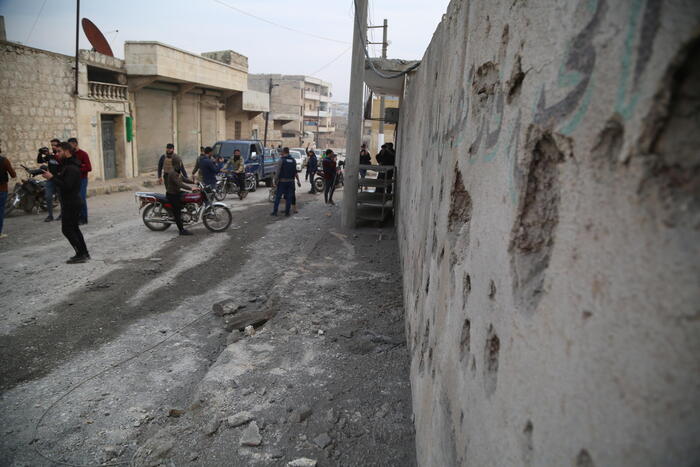Cairo-Sana
Syria participated in the 31st session of the Arab Music Festival and Conference, currently held in Cairo, and dealt with “the emergence and prosperity of the Arab Lyrical Theatre”. Arabic from the theater of Abu Khalil Al-Qabbani and the lyrical theater in Lebanon, the Levant and Egypt.
In her research, entitled “Lyrical Theater in the Levant and Egypt.. Qabbani and Rahabna,” the administrative officer at the Salhi Al-Wadi Institute for Music, Abeer Al-Jabi, reviewed the historical background that established the emergence of the lyrical theater in Syria, and the popular stories that were presented in Damascus cafés by the storyteller. In addition to the performances of the traditional shadow theater “Karkoz and Iwaz”, and the accompanying performances of the Samah dance.
Al-Jabi indicated in a statement to SANA reporter that she discussed in her research the theater of Abu Khalil al-Qabbani from 1833-1903 in the Levant and Egypt, which is considered the pioneer of the Arab musical theater, and what he possessed of a creative imprint, as he is a writer, composer, poet and playwright, reviewing the rejection of his social environment, And the experience of his travels to Egypt in 1884, accompanying his band members there, where the plays began to take a new form and were presented at the Zizinia Theater and the Danube Coffee. The famous "Almaz".
Al-Jabi explained that since Al-Qabbani presented the play “Anas Al-Jalis in 1884”, he became more famous, and many theater pioneers studied under him, so that his activity and his band continued in Egypt for 17 years, after which some haters burned his theater, which he set up at the Green Threshold in 1901, so he decided to retire The theater.
Al-Jabi indicated that 50 years after the departure of Al-Qabbani, the features of a new and very important experience in the lyrical theater began to crystallize in the Levant, whose banner was carried by the brothers Assi and Mansour Al-Rahbani and Mrs. Levant, despite its appearance in Lebanon, due to the role played by Radio Damascus in launching the Rahbani experience, and most importantly the role of the art festival in the Damascus International Fair with the spread of the Rahbani Lyrical Theatre.
Al-Jabi pointed out that students of Rahbani Theater today are closely aware that its dramatic substantive pillars were built on two main pillars, namely “The Village and the City.” Forget late works during the Lebanese war, such as “The Conspiracy Continues and the Seventh Spring.”
Al-Jabi presented a summary of the journey of the Rahbani brothers and Fairuz in the field of musical theater, where she pointed out that among the works depicting the atmosphere of the village with its climate, characters, traditions and weddings are the group “Customs and Traditions”, “Season of Glory”, “Bayaa Al-Khawat” and “Wheels of Air”.
She emphasized that the radical transformation that took place in the Rahbani theater was through the transition from dealing with the affairs of the countryside to addressing the conditions of the city in the absolute, and the plays that revolve around the city’s climate, its problems and the concerns of its residents, with views on the affairs of government and rulers and their relationship with popular groups are “Hala and the King” and “ The person, “Sah Al-Nom”, “Live live”, “Nurturer of the keys”, “The Keys”, “The Station” and “Lulu”.
Al-Jabi explained that the relationship of Rahbaneh and Fairuz with Syria is unparalleled, and does not stop at the borders of Radio Damascus from which they started, but rather includes its international exhibition, where Fairuz's voice resounded throughout its evenings and nights and the accompanying artistic festival of Arab and international fame, where the lovers of the Levant were on Late summer rendezvous with plays full of magic, beauty and human thought, pointing out that the 1959 session witnessed the first participation of Mrs. Fairouz and the Lebanese Folk Band in the Art Festival of the Damascus International Fair, and soon this participation became the focus of the festival.
Al-Jabi indicated that the audience of the Damascus International Festival eagerly followed the masterpieces of the Rahbani theater, which are Baalbekiya, Jisr al-Qamar, al-Layl, al-Qandil, Bayaa al-Riyadh, Hala, al-Malik, the Fountain Mountains, Sah al-Nom, Naturah al-Maftaha, al-Mahatta, Lulu, Mays al-Reem and Petra, explaining that the auditor of the dates of the presentation of these Rahbani plays in Damascus will note that they were shown in the year The same one in which it was shown for the first time at the Baalbek Festival, which was founded in 1956, and the following year was the main launch of the Rahbani Theatre. to the ends of the world.
Al-Jabi concluded by pointing out that the influence of the Rahbani time on the Arab musical stage affected the bulk of the important musical experiences in that era at the level of word, melody, voice and performance, and produced great names in the world of Arab singing, including Wadih al-Safi, Nasri Shams al-Din, Melhem Barakat, Hoda Haddad, Marwan Mahfouz and Azar. Habib, Ghassan Saliba, Joseph Saqr, Elie Choueiri and many others, stressing that the music and songs produced by the Rahbani and what others produced by the influence of the Rahbani on them is a strong presence in the culture of the recipient of this ancient experience, to the extent that it is true to say that the Rahbani situation is part of the cultural formation of the people of the Levant .
Rasha Mahfoud
Follow Sana's news on Telegram https://t.me/SyrianArabNewsAgenc









